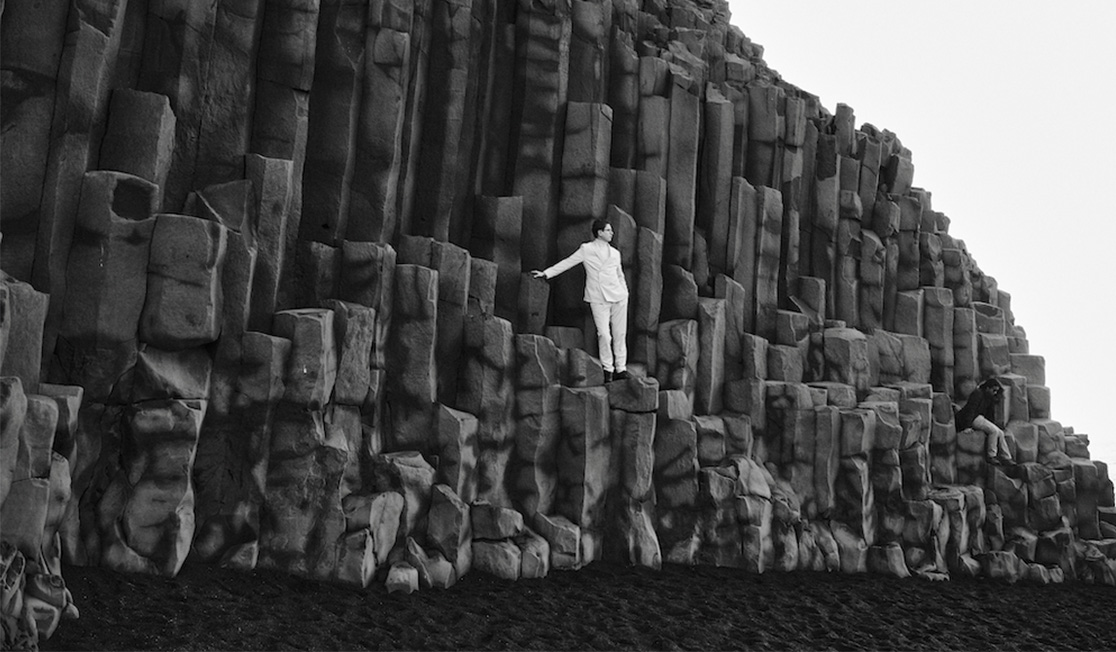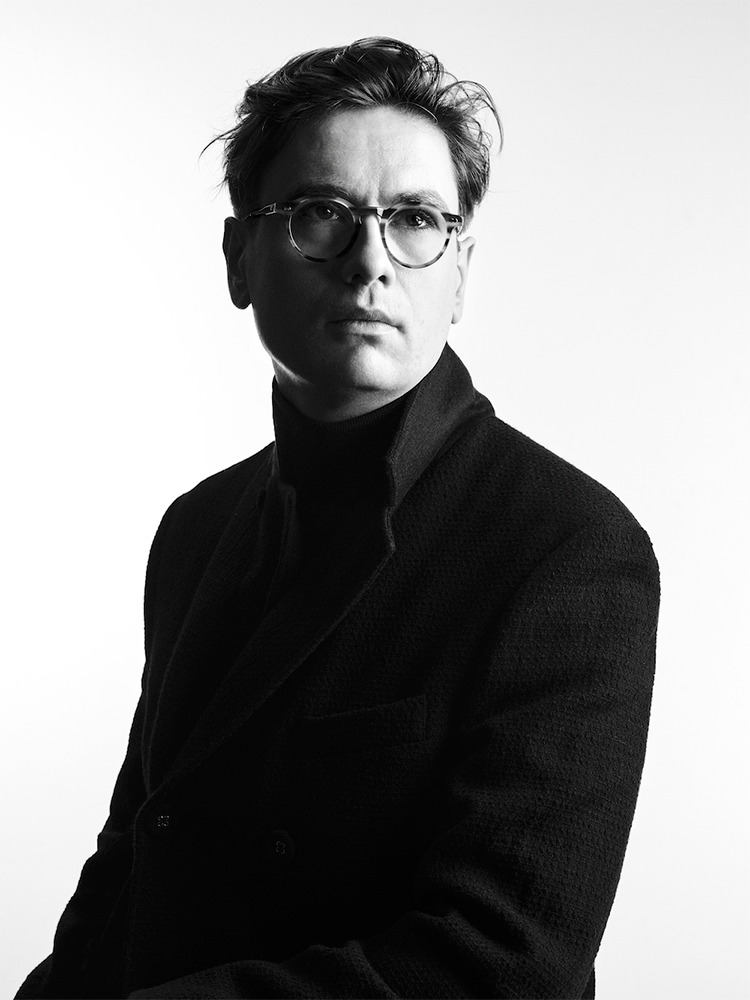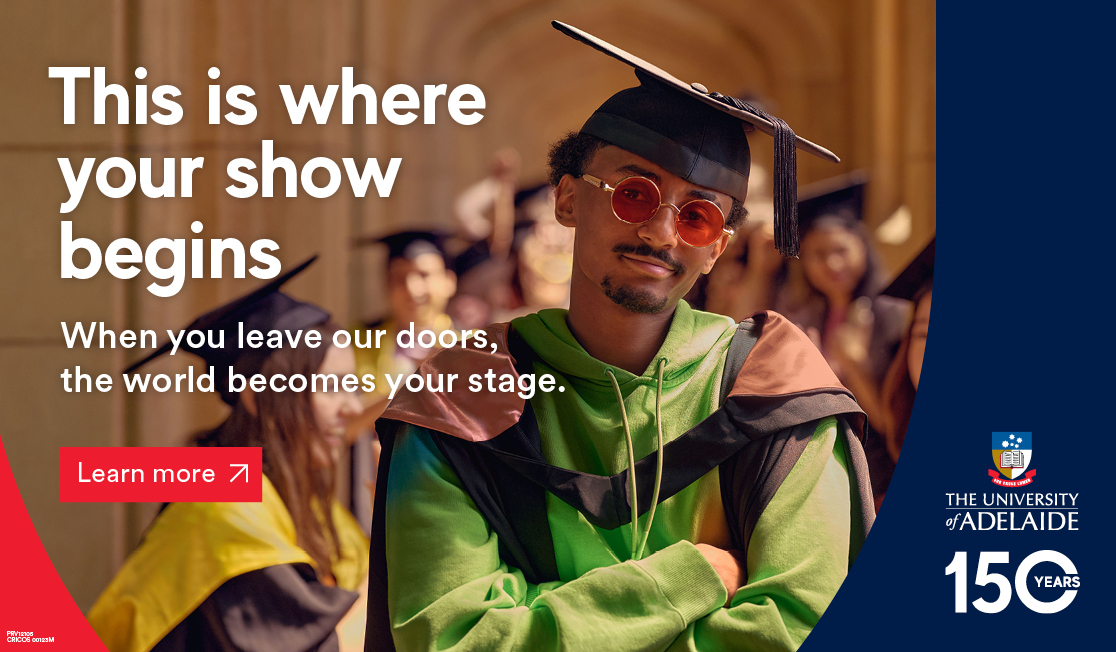Víkingur Ólafsson: Goldberg Variations Program
Víkingur Ólafsson: Goldberg Variations Program content

Music
Víkingur Ólafsson: Goldberg Variations
Adelaide Town Hall: 15 Mar 2024
UKARIA Cultural Centre: 17 Mar 2024
Duration: 1hr 20mins, no interval

Contents
Program
About the Music
About Víkingur Ólafsson
Adelaide Festival is committed to sustainability and does not offer printed programs for most works. Our digital show programs have a contents section for easy navigation. If you would prefer a pdf that you can download or print at home, please click here >>
Program
JOHANN SEBASTIAN BACH (1685-1750)
Goldberg Variations, BWV 988
About the Music
There are works, it is said, that are written for the keyboard and others that are written through it. Everything Chopin wrote involves the piano, and it's hard to imagine the opening movement of Beethoven's Moonlight sonata being created with any other instrument in mind. On the face of it, there is every reason to discuss the Goldberg Variations in the same terms. In essence, this is a set of teaching pieces, which Bach entitled "Keyboard Practice, consisting of an Aria with Diverse Variations, for the Harpsichord with two manuals, composed for music lovers, to refresh their spirits". But this modest description doesn't seem even remotely adequate for a piece the pianist Pavel Kolesnikov has likened to "climbing an infinite stairway, one step at a time".
The story (as told by Bach's first biographer, Johann Nikolaus Forkel some 50 years after the composer's death) goes that Bach was commissioned to write the work for one of his patrons, Count Hermann Karl von Keyserlingk, Russian ambassador to the court of Saxony. Prone to sleeplessness, he wasted some music "of a soft and lively character" which would be played for him by his 14-year-old protégé, the harpsichordist Johann Gottlieb Goldberg.
Scholars' opinions of this tale range from scepticism to scorn (and many of the more dazzling variations are likely to cure insomnia...) but the title has stuck, and the world has been left with one of music's towering achievements.
The Goldberg Variations are organised schematically. Following the theme, Bach arranges the variations in groups of three, every third variation being a two-voice canon, the canon in all cases (except the last) being played by the right hand over an independent bass line. With each succeeding canon, the intervals grow wider - so Variation 3 is a canon in unison, Variation 6 a canon at the second and so on until the lilting dance of Variation 27, a canon at the ninth. Interspersed with these canons are free variations - often suggesting dance forms popular in Bach's day, particularly the gigue and the courtly passepied - and two-part inventions. Overall, the canons are the most 'vocal' movements, and the two-part inventions are the ones which would have given young Goldberg the greatest opportunity to demonstrate his virtuosity.
The theme itself - the Aria which sets the Variations in motion - is a gentle, dignified sarabande. Although you'll be able to hear hints of this melody along the way, it isn't the basis for Bach's mighty edifice: the variations are based on the Aria's bass line, harmonies (or rather harmonic possibilities) and phrase structure.
Knowing what goes on 'under the roof' can't explain the work's deep, enduring appeal. Bach's organisational rigour over such a huge span is a thing of wonder, but in performance is something you're likely to feel subliminally. There is the theatre of the piece, the demands of concentration and stamina it makes on the performer (not to mention the frequent hand-crossings!), and the many moments of joy, like the penultimate Quodlibet (literally 'whatever you wish'), a short, scintillating mash-up of two popular tunes, "I've not been with you for so long" and "Cabbage and beets drove me away". But ultimately, it's Bach's imaginative power that dazzles and overwhelms.
The moments when virtuosity and grand design call a truce are among the most sublime: Variation 13, which seems to hold its breath and sigh at the same time; Variation 25, called "the black pearl" by harpsichordist Wanda Landowska, which almost anticipates Chopin in its veiled beauty; and the profoundly affecting return to the opening Aria at the work's conclusion, about which pianist Angela Hewitt has written: "Our journey is complete, yet we are back where we began." And the Goldberg Variations represent one of music's transcendent journeys.
© Phillip Sametz 2024
About Víkingur Ólafsson
Icelandic pianist Víkingur Ólafsson has made a profound impact with his remarkable combination of highest level musicianship and visionary programs. His recordings for Deutsche Grammophon – Philip Glass Piano Works (2017), Johann Sebastian Bach (2018), Debussy Rameau (2020), Mozart & Contemporaries (2021) and From Afar (2022) – captured the public and critical imagination and have led to career streams of over 600 million.
In October 2023, Ólafsson releases his anticipated new album on Deutsche Grammophon of J.S. Bach’s Goldberg Variations. Ólafsson has dedicated his entire 2023/24 season to a Goldberg Variations world tour, performing the work across six continents throughout the year. He brings Bach’s masterpiece to major concert halls, including London’s Southbank Centre, New York’s Carnegie Hall, Wiener Konzerthaus, Philharmonie de Paris, Tokyo’s Suntory Hall, Harpa Concert Hall, Walt Disney Hall, Sala São Paulo, Shanghai Symphony Hall, Tonhalle Zürich, Philharmonie Berlin, Mupa Budapest, KKL Luzern and Alte Oper Frankfurt, to name a few.
Now one of the most sought-after artists of today, Ólafsson’s multiple awards include Opus Klassik Instrumentalist of the Year (2023), Opus Klassik Solo Recording Instrumental (twice), CoScan’s International Nordic Person of the Year (2023), the Rolf Schock Prize for Music (2022), Gramophone’s Artist of the Year (2019), and Album of the Year at the BBC Music Magazine Awards (2019).
A captivating communicator both on and off stage, Ólafsson’s significant talent extends to broadcast, having presented several of his own series for television and radio. He was Artist in Residence for three months on BBC Radio 4’s flagship arts programme, Front Row – broadcasting live during lockdown from an empty Harpa concert hall in Reykjavík and reaching millions of listeners around the world.


From Adelaide Festival & Partners
Partnering for Conservation
Adelaide Festival and Wilderlands currently safeguard 3,424m² of the Coorong Lakes habitat.
Help us reach 5,000m² by claiming your free 1m² by 22 April 2024 - take action here.
The UNIVERSITY OF ADELAIDE | Learn more >>

